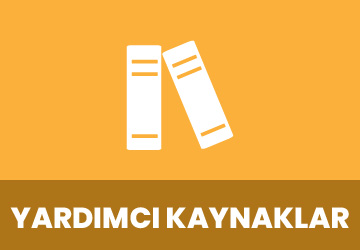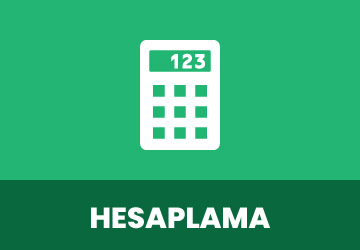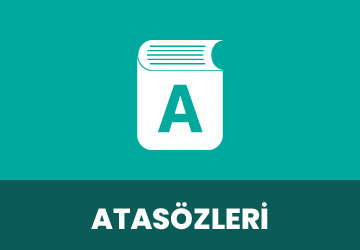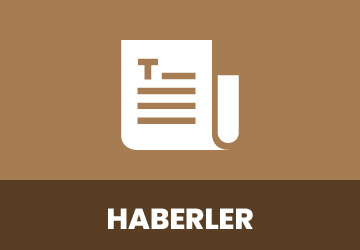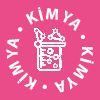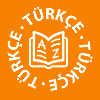
İngilizce Meb Yayınları Yes You Can B1.2 Ders Kitabı Sayfa 112 Cevabı
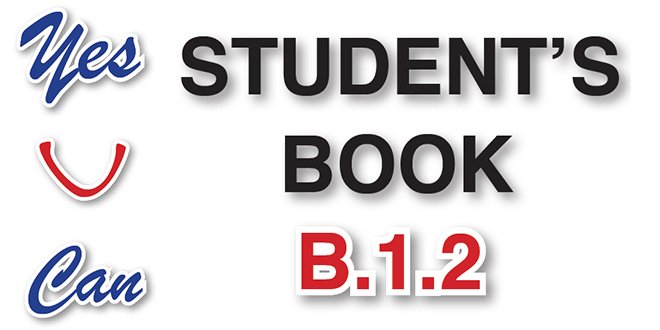

İngilizce Meb Yayınları Yes You Can B1.2 Ders Kitabı Sayfa 112 Cevabı
2017 – 2018 Eğitim Öğretim dönemiyle beraber pek çok ders ve çalışma kitabı değişti. Değişen ders kitaplarından biri de “İngilizce Meb Yayınları Yes You Can B1.2 Ders Kitabı Cevapları” oldu. Kitabı incelediğimizde ise Cansu ÇAĞLAR, Esra Emel, HOYRAZ Havva ARSLAN tarafından 121 sayfa olarak kaleme alındığını görüyoruz. Kitapta görseller ön plana çıkarılmış ve görsel tasarım ise Beyza DİRİK tarafından yapılmış.
“İngilizce Meb Yayınları Yes You Can B1.2 Student’s Book Sayfa 112 Cevapları“nda önce sorular yazıldı daha sonra cevaplar verildi.
SORULAR
BUT we cannot use the following at the beginning of a sentence: always, seldom, rarely, hardly, ever, never.
We use hardly ever and never with positive, not negative verbs:
She hardly ever comes to my parties.
Theyneversay ‘thank you’.
We use ever in questions and negative statements:
Have you ever been to New Zealand?
I have neverbeen to Switzerland.
We can also use the following expressions when we want to be more specific about the frequency: Everyday, once a month, twice a year, four times a day, every other week
♦ SPELLING
English and American English Spelling
Here are the principal differences in spelling between British and American English.
English
American English
Final -1 is always doubled after one vowel in stressed and unstressed syllables in English but usually only in stressed syllables in American English, for example:
rebel > rebelled travel > travelled
rebel > rebeled travel > traveled
Some words end in -tre in English and -ter in American
centre
center
English, for example:
theatre
theater
Some words end in -ogue in English and -og in American
analogue
analog
English, for example:
catalogue
catalog
Some words end in -our in English and -or in American
colour
color
English, for example:
labour
labor
Some verbs end in -ize or -ise in English but only in -ize
realise, realize
harmonise,
harmonize
realize
in American English, for example:
harmonize
THEME
♦ USED TO
• We use ‘used to’ for something that happened regularly in the past but no longer happens. The
affirmative form is formed as : ‘Subject + used to base verb………..’
Ben used to travel a fot in his job but now, since his promotion, he doesn’t.
I used to drive to work but now I take the underground.
I used to eata lot of chocolate butnowi’mona diet.
Brian used to work in Manchester but now he works in London.
We used to go to beach for our holidays when we were children.
• We also use ‘used to’ for something that was true but no longer is.
There used to be a cinema in the town butnowthere isn ‘t. She used to have reallylong hairbutshe’s had itall cut off.
• The negative form is: ‘Subject + didn’t use to + base verb
İngilizce Meb Yayınları Yes You Can B1.2 Ders Kitabı Sayfa 112 Cevabı


